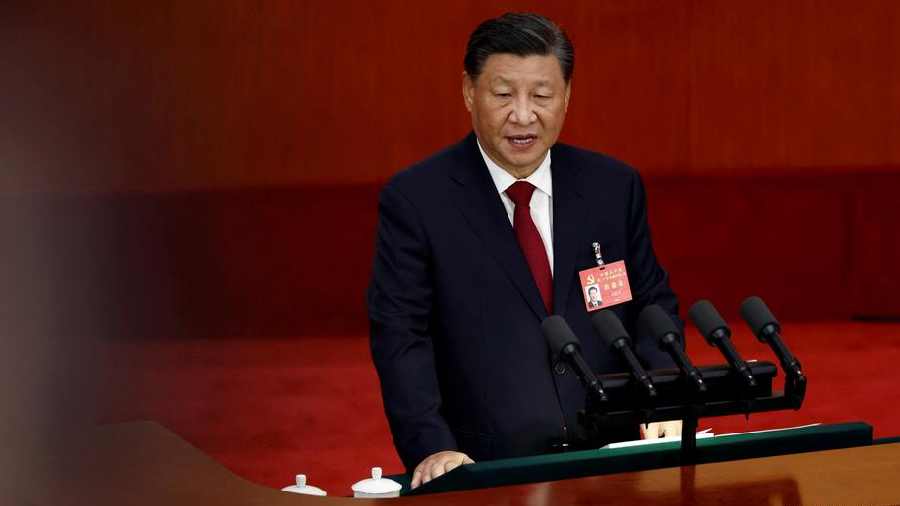After China’s abrupt reversal of “zero Covid” restrictions, the nation’s vast machinery of virus surveillance and testing collapsed, even as infections and deaths surged. Now, the authorities face another problem: Angry pandemic-control workers demanding wages and jobs.
In the southwestern Chinese city of Chongqing, hundreds of workers locked in a pay dispute with a Covid test kit manufacturer hurled objects at police officers in riot gear, who held up shields as they retreated. Standing on stocks of inventory, protesters kicked and tossed boxes of rapid antigen tests onto the ground, sending thousands of tests spilling.
In the eastern city of Hangzhou, witnesses said several workers climbed on the roof of a test kit factory and threatened to jump to protest unpaid furloughs. And at a separate test manufacturing plant in the city, workers protested for days over a wage dispute.
The unrest this month highlights a little-noticed aspect of the social and economic fallout from China’s “zero Covid” policy U-turn. Mass testing was a cornerstone of China’s strategy of isolating the virus before it could spread. But Covid testing of any sort is no longer in high demand. Companies that manufactured test kits and analyzed results in a lab are seeing their revenues plummet, leading to layoffs and pay cuts for their workers. One report suggested that mass testing in large cities accounted for about 1.3 per cent of China’s economic output.
The consequence has been a new source of turmoil that challenges the ruling Communist Party’s efforts to maintain stability amid high youth unemployment, a flagging economy and an explosion of Covid across the country. China said on Saturday that it had recorded nearly 60,000 fatalities linked to the coronavirus in the month since it lifted “zero Covid”, though experts said the actual death toll was likely much higher.
The New York Times visited three Covid test-making factories in Hangzhou where workers and residents confirmed that there had been labour protests in recent days. At one plant operated by a firm called Xinyue Biotech, a fire truck, an ambulance and a police van could be seen in the factory yard on Wednesday responding to a worker who had climbed onto the fifth-floor roof and threatened to jump to protest unpaid wages. The shuttered plant had been the scene of days of demonstrations, witnesses near the factory said.
The Times also examined videos that have circulated on social media of protests in Hangzhou as well as Chongqing, where workers confronted the police in large numbers. The disputes in Chongqing and Hangzhou could portend more unrest to come.
Many among China’s armies of “big whites”, low-level government workers charged with enforcing Covid restrictions and named after their signature white hazmat suits, have been let go, muddying an already volatile labour market. Factories across China are still strapped for cash amid the broader slowdown. Workers have next to no recourse to resolve their grievances other than to lash out, said Li Qiang, founder and executive director of China Labor Watch, a New York-based Chinese labour rights group.
New York Times News Service











